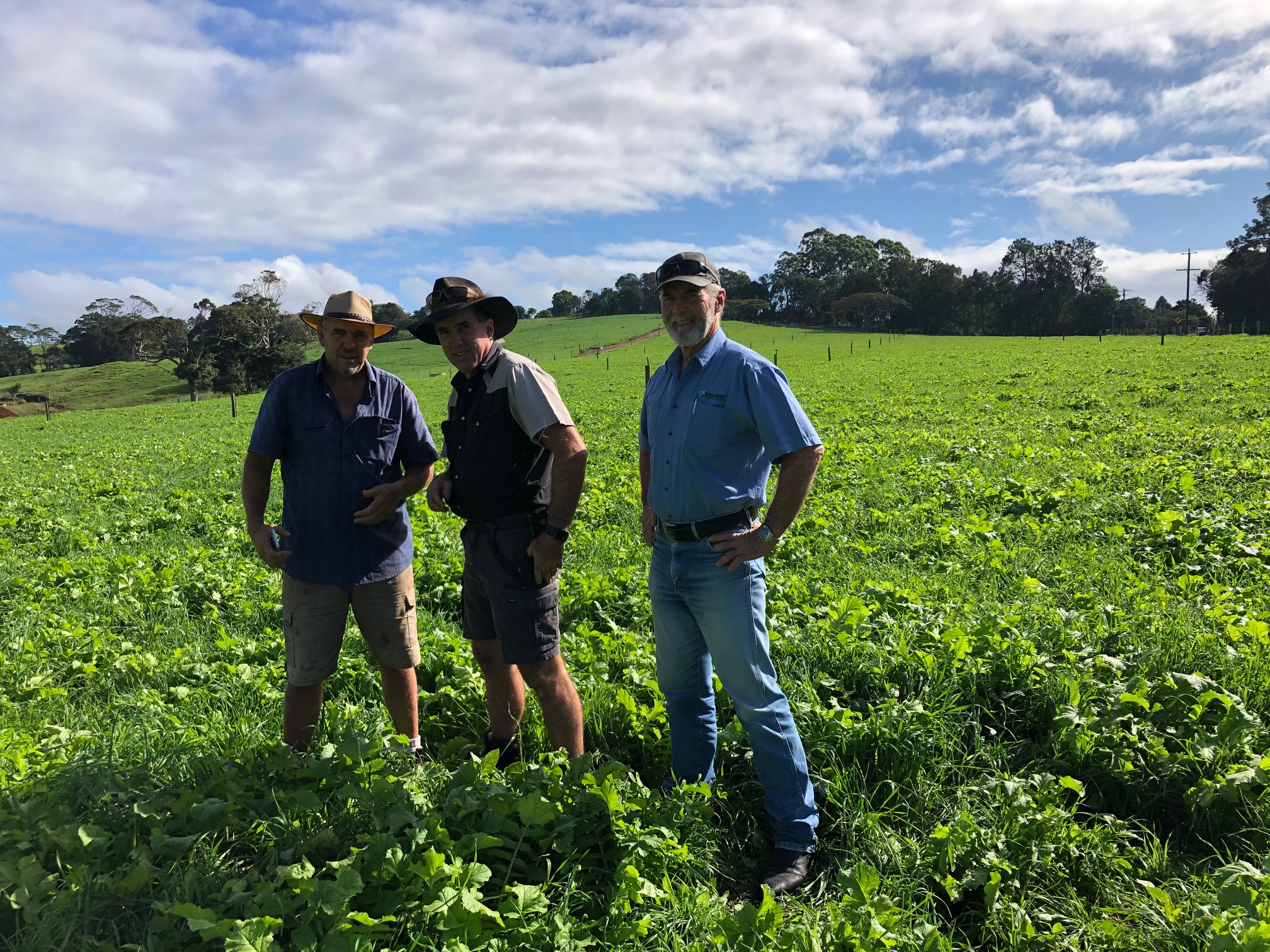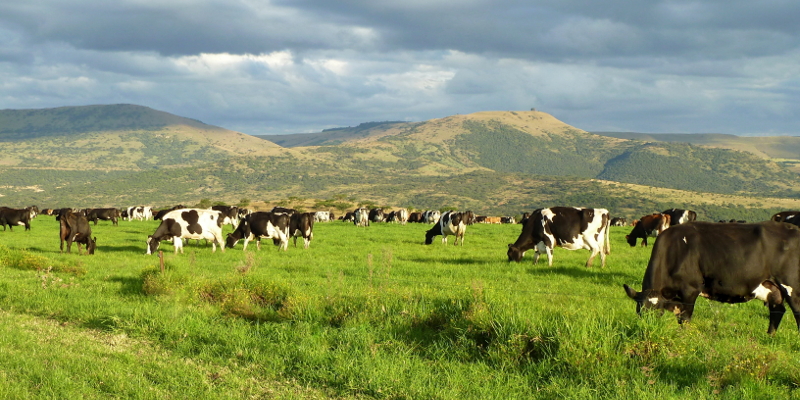Transition to a biological regenerative system
By John Moor. 07-08-2019
10 tips to transition from a conventional production system to a more biological and regenerative (natural) system.


1: Mind Set
As producers we have been educated and basically forced to adhere to conventional wisdom, this now requires us to apply more and more inputs in our production process for less and less return.
Is it sustainable?
This is the question most conventional producers are now asking how long can we carry on doing what is clearly not working.
Fear of change, is the biggest hurdle stopping producers moving away from something they “know” and towards something that they “don’t know”.
Education, mentorship and a willingness to firstly unlearn something that is known as fact and then relearn something that is new is the first key element to embracing biologically focused production.
2: Set a clear vision and goals
If you have a clear picture of where you want to end up, chances are you will actually get there. You can also then evaluate each decision you make on:
- Is the decision I am making today taking me towards or away from the long term goal for my business?
- Would the laws of nature agree with what I plan to do?
- Do I go for the chemical drum to treat the symptom or do I investigate the cause of the problem and start there?
3: Take Stock
Take stock (inventory) of where your business is today, this will allow you to look back and evaluate how things are progressing, this should include things like.
- Soil samples. Organic matter %, carbon levels, macro and micro nutrient status, pH, etc
- Brix levels of pasture. Indicator of calcium and nutrient density of feed.
- Profitability.
- Soil biology. Soil life, compaction, infiltration, etc.
- Water use. Run off, pumping costs, etc
- Other aspects of your business that are important to you.
4: Identify areas in need of change
Identify area of your business where a small change will result in a big reward, pull the big leavers first. (80:20 principle).
This often requires a professional outsider to do an evaluation of your production system to identify the “dead wood” and highlight unseen opportunities”
5: Understand the basic principals of biology
This is not difficult as a trained and dedicated consultant/mentor should have enough knowledge to get the basics understood in a practical farm level conversation.
Read books, online info and courses are readily available.
“Knowledge is power, however knowledge without action is futile”
6: Seek out like minded people
Seek out and associate yourself with like minded people who are on the same page. (you will be amazed how many there are)
Consult with an experienced mentor/consultant who has “been there and done it”, implementation is more important than acquiring all the knowledge and doing nothing.
7: Implement in stages
Implement in stages and always remain profitable.
It is critical to do any transition over time. Each step has to build a more resilient and regenerative system.
8: There is no magic bullet
You have to understand and then trust in the process.
